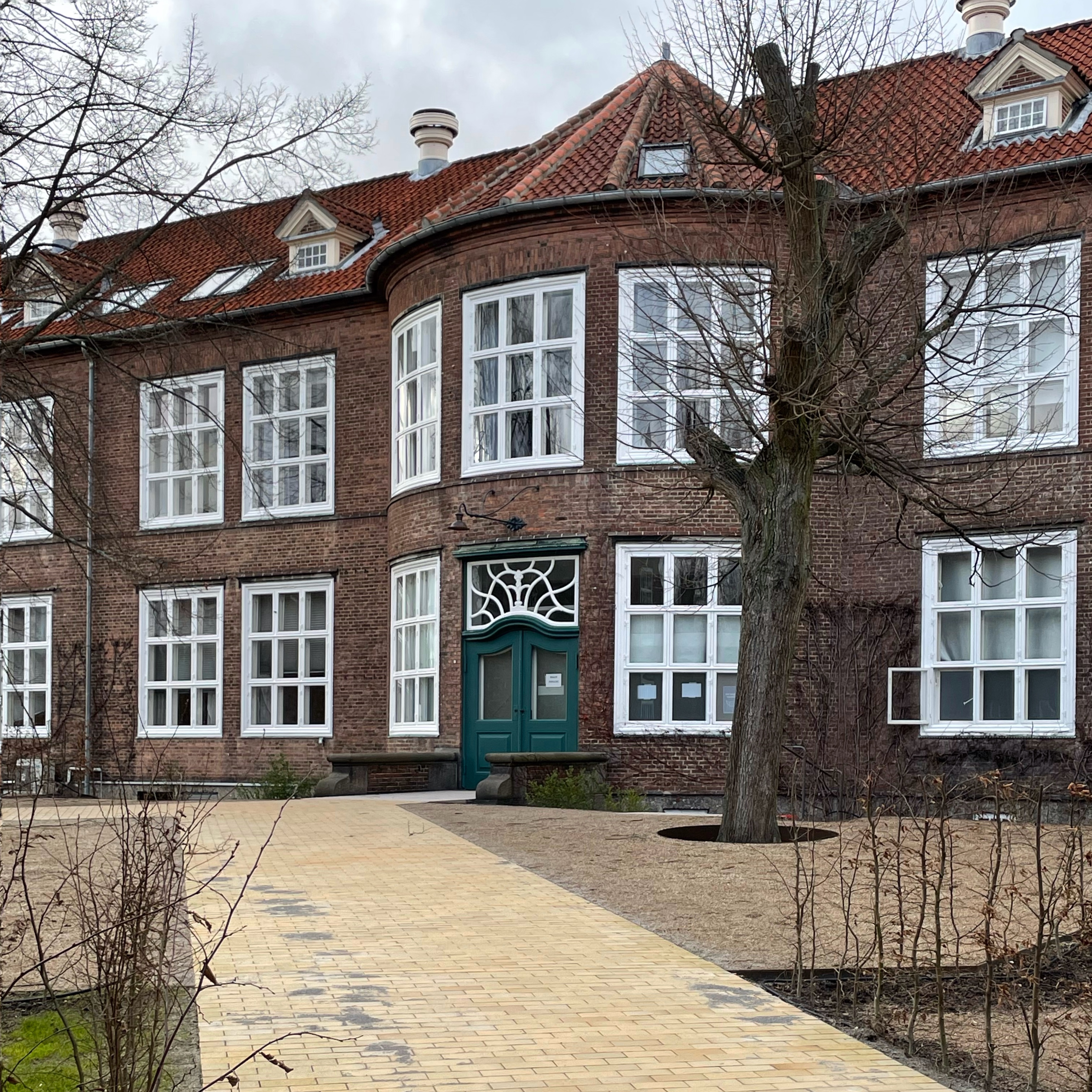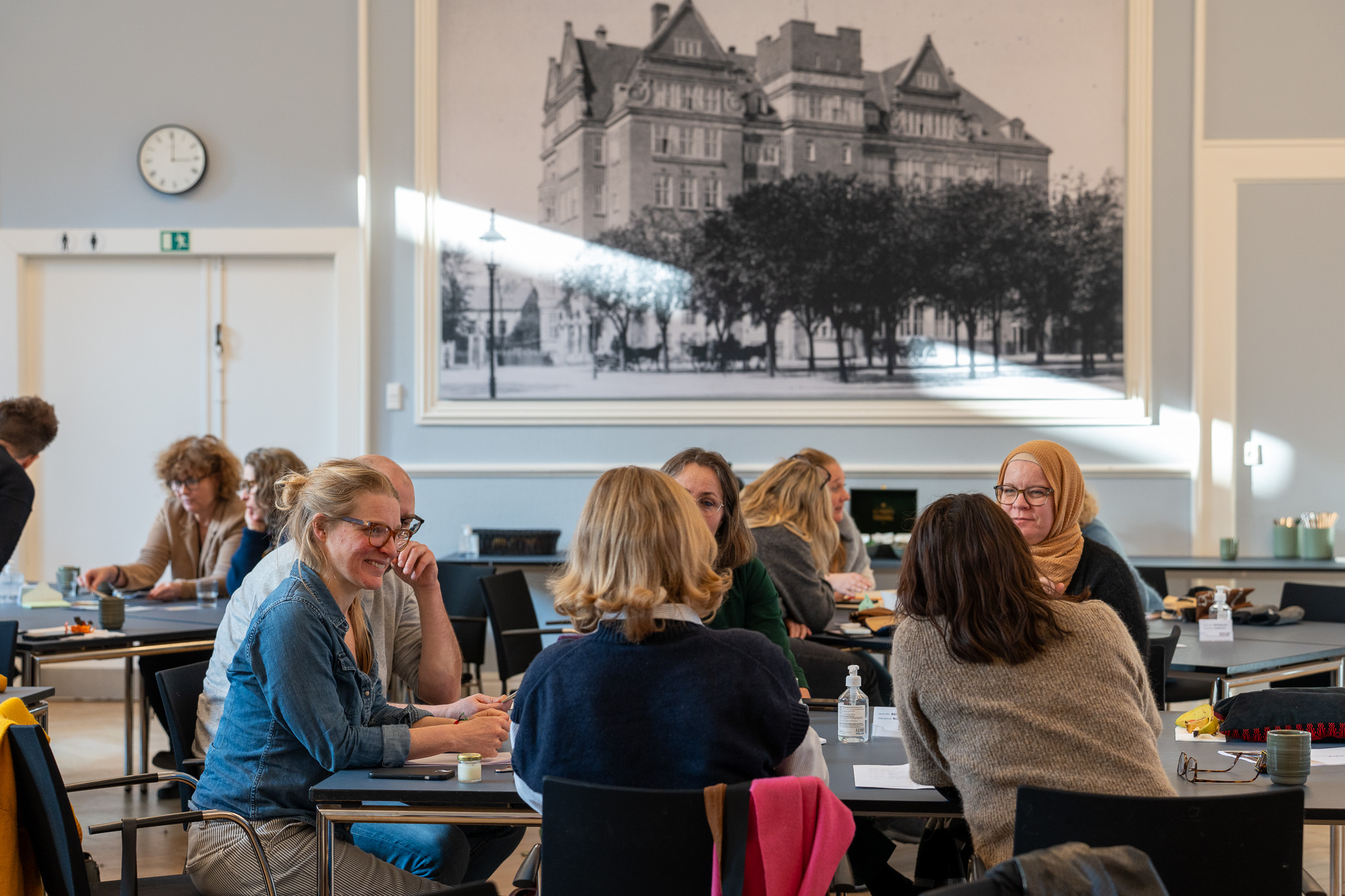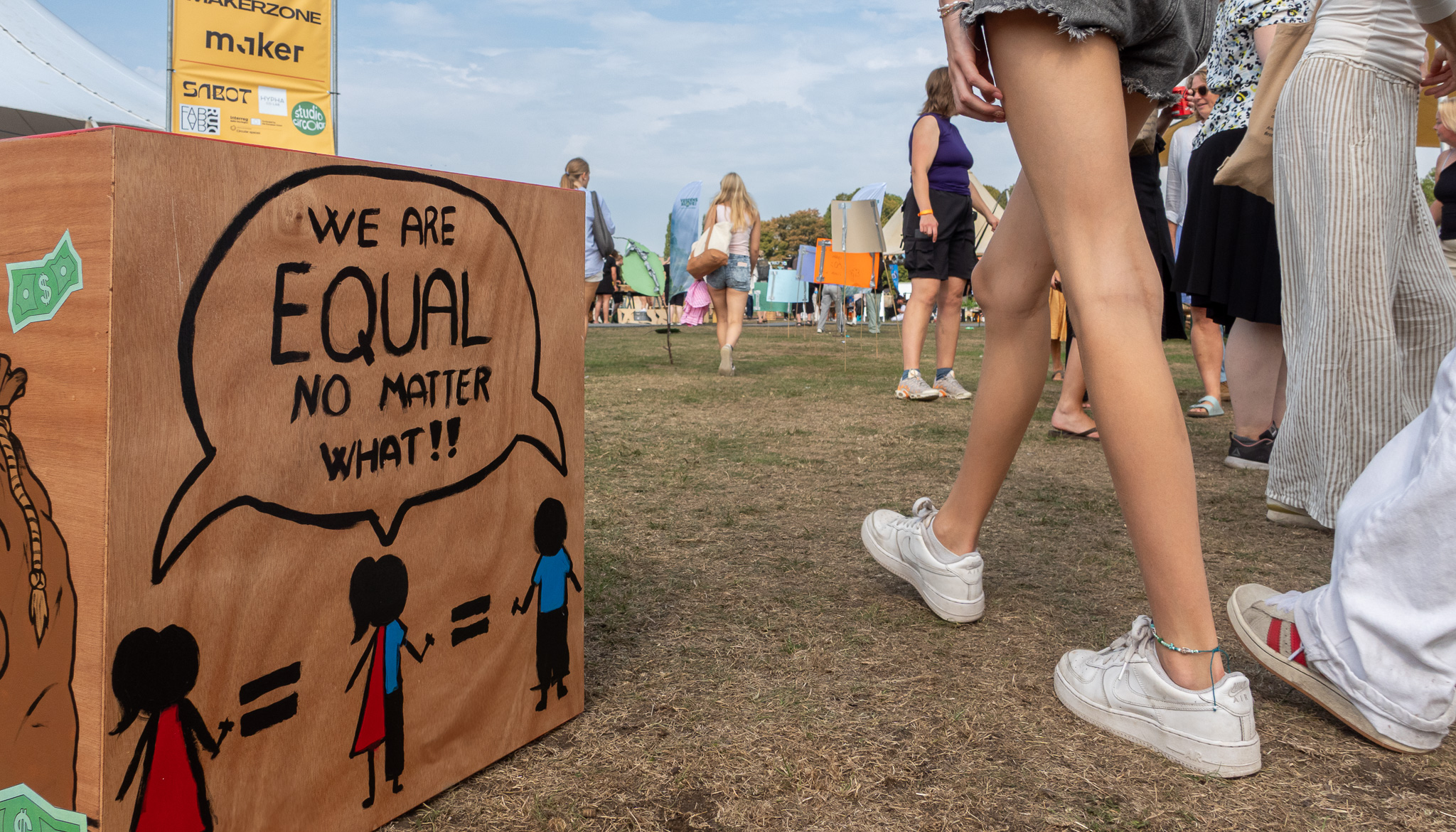
Equal participation in sporting association activities increases quality of life

The research project 'When Movement Moves' has investigated what it means for people with, for example, invasive disabilities to be moved through others. The community, in particular, has positive effects. The project was completed in January 2024 with a conference at Christiansborg.
The research project 'When movement moves' has investigated what it means for people who cannot move their bodies themselves to be moved through others. Based on the initiatives Team Tvilling and Cycling Without Age, researchers from the Danish National Institute of Public Health and the TrygFondens Centre for Active Health, including Centre Manager Bente Klarlund Pedersen, have investigated the significance — both physically and socially — of being a disabled athlete with Team Tvilling and a nursing home resident at Cycling Without Age.
One of the most important findings highlighted by the qualitative results is that participation in the activities of both initiatives has a positive impact on the mental and social health of the participants in particular, in the form of a social community, fresh air, new experiences and impressions.
“In Team Tvilling it is so much more that you are on a par with everyone who runs for a half marathon or for training, and it doesn't matter if you are disabled I feel much more comfortable in Team Tvilling than anywhere else I have been in relation to sports,” reads the report from a disabled athlete. In addition, the results also show that the community is also of great importance for volunteers.
Important knowledge for future communities
The findings are important because they provide new knowledge about what it means to be part of social and sporting communities for people who have difficulty or cannot move at all on their own.
Marianne Kofoed, Director of the Bevica Foundation, says: “The results of the research project prove that when initiatives are based on the different functional abilities of people and strive to create different opportunities to participate in association activities, it actually means a lot to those who participate,” she says and continues. “This points directly to the importance of creating equal solutions for more, and it underscores how important it is to look more closely at the value-based concept of universal design when associations and other actions must shape the framework for the life lived.
This is what we do in the Bevica Foundation to spread knowledge about.” The research project When Movement Moves was initiated by the Bevica Foundation and the Health Foundation in 2019 on the basis of results and evaluation of a major research project from the pre-study 'Team Twin: When Movement Moves. '
Together with the Health Foundation, the Foundation has granted a total grant of DKK 2.5 million over five years to the research project
Below you will find both the full report evaluating the projects, as well as two “pixie editions” which are mini-reports presenting the most important research results.
Report
The research project When Movement Moves is the first quasi-experimental study which has evaluated the importance of participating in Team Twin and Cycling without age, respectively. Read the full report here.
In a nutshell: Cycling without age
Read mini-report with selected research results.
In short: Team twin
Download mini-report on the project.
Collaborators
Cycling Without Age, Association Team Twin, The Health Fund, Centre for Intervention Research at the National Institute of Public Health SDU and TrygFondens Center for Active Health at Rigshospitalet
More knowledge about Universal Design
Explore the Bevica Foundation's Knowledge Library
Latest News
Follow the latest news from the Bevica Foundation below.






